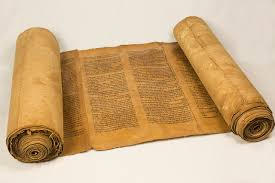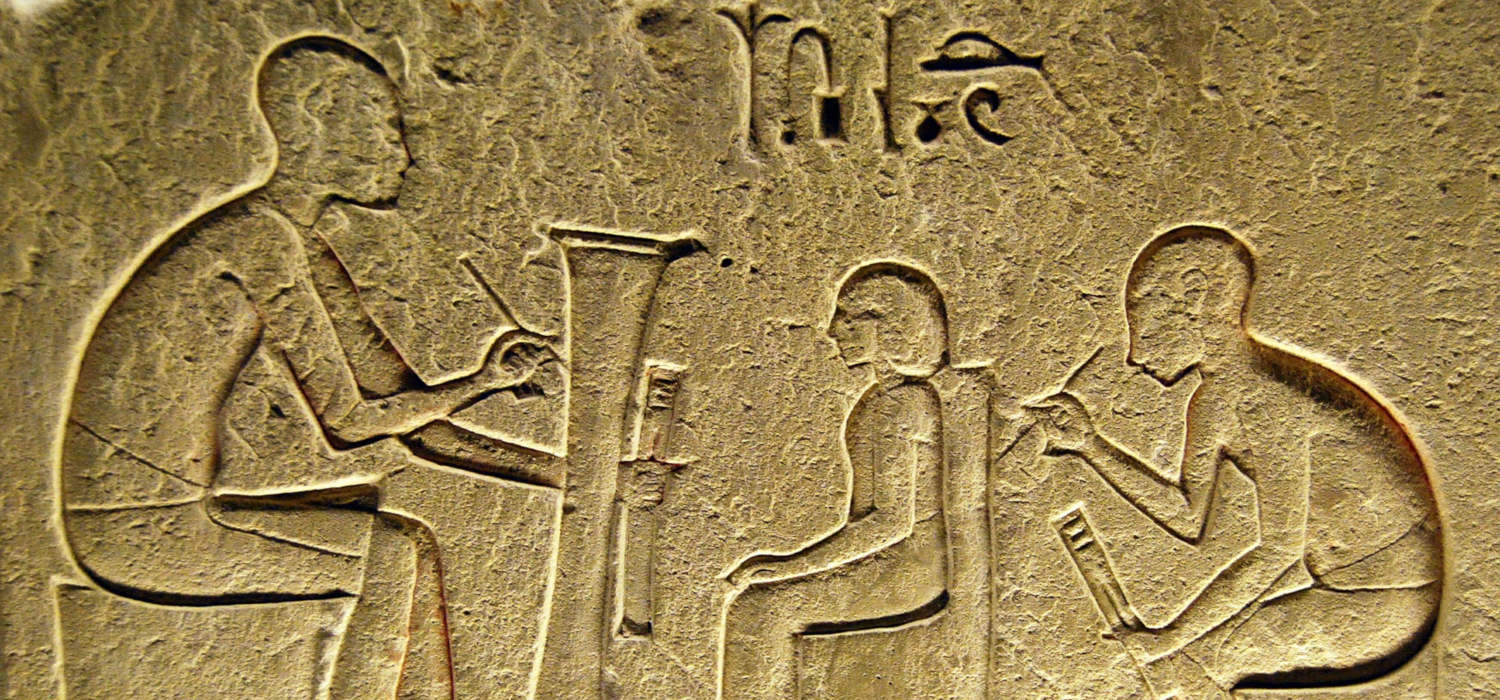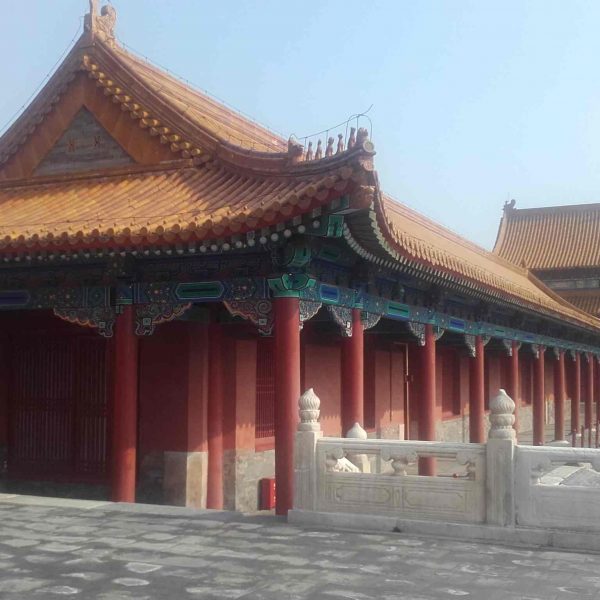‘Bar Ankh’ is the name by which our pharaohs ancestors knew the school and its meaning is the house of life… In the meaning lies the value and content that the school carries and the role it plays in the life of society, but the ancestors’ interests in the school reached the point of calling it ‘the house of life’, meaning that education end science is about life…
Archaeological discoveries have proven the existence of schools in different areas throughout ancient Egypt, as there was a school around the (Ramesseum) temple and another in the city monastery in the Thebes Cemetery (Luxor), and in the city established by Akhenaten (Tell el-Amarna area in Minya governorate) the archaeologists found the ruins of the Dar al-Hayat school and it was made up of two buildings. A school was discovered in the city of Ain Shams, a school of medicine in Sas, a school in Abydos, in Tel Basta, and other educational and moral values were taught in the Pharaonic School.

Overlooking what was mentioned in the Pharaonic papyri that the archaeologists found (unfortunately, they are now in many famous museums of the world, and there are not many of them in Egypt). We note that the origin of the establishment of the school is to teach the child or student a set of moral and educational values, which are the basis for building a normal personality side by side with learning to write.
It is based on the idea that there is no value for knowledge without ethics. Rather, the pharaohs made their sages into the ancestors of writing, knowledge and wisdom (and the god Jahouti and the goddess Shath for books and libraries). The sages of the Pharaohs with their wisdom and sayings through the successive times of the Pharaonic rule, created basic references for teaching educational values in the Pharaonic school, and there are many examples of that.
Among them is the text of the papyrus that Annie wrote to his son, which is a proven reference for teaching in the schools of ancient Egypt.
Do not be mean or intrusive. When you are in someone’s house and see or hear something, remain silent.
Do not reveal it to anyone. Do not be talkative and be careful in your words, because the destruction of a person is in his tongue. Do not rely on others’ money.
If you were brought up and taken as a wife gift, remember your mother, for she carried you for a long time, and after your birth her breast was in your mouth for three years. She was not disgusted by your filth. After you entered school, she remained caring for you.
Do not eat while another is standing near you without reaching your hand with the bread to him. Don’t be too heavy on your belly.
Do not make yourself the boss of your wife at home. Get to know her and help her.
Do not sit while an older person stands, even if you are of higher standing.
If you have learned anything, then what is it?
Then comes the son’s response to his father:
I wish I was like you and follow your advice. Your words make my heart happy, and my mind understands them.
Looking at those tips that were taught in the ancient Egyptian school, we find a set of values that were implanted in the Egyptian personality … In light of all the historical changes that have occurred with the passage of many people through our land (sometimes in war and occupation, sometimes in peace and economic relations) the Egyptian personality has preserved what it owns and inherits in terms of morals and behaviors that preserved the balance of Egyptian society and the relationships of its members.
The educational role of the teacher in the Pharaonic School
It seems not only for the teacher to teach writing to the student in the ancient Egyptian school. There is a papyrus that the teacher wrote for the student: It was reported to me that you neglected your studies and that you are playing in the road… Then the teacher conveyed his personal experience and said to the student: When I was a boy like you, I stayed in the temple not leaving it for three months…

There are also the teachings of Imnobi by his son Hor Makho, which were found in 1922. It includes a reading class and exercise in schools. It revolves around doing good and the rules of straight behavior, and literature… And exhortation to virtue and the glorification of humility and forbidding the impulsivity and unity of anger. She wrote a practical constitution for life, explaining the duty of the employee and urging him to be fair and honest in his work, loyal to it. Tolerant, away from fraud, the value of the school as an essential center for learning and knowledge.
Among the prescribed materials for schools around 1300 BC, are the teachings of Khiti Dauwuf by his son Pepi, which are two papyri preserved in the British Museum. In it he said to his son:
Nothing is higher than books. A person who walks after others does not achieve success. I wish I could make you love books. There is no profession without a head except that of a writer. He is the boss himself. A day you spend in school is beneficial for you. Don’t let bad words come out of your mouth. Be convinced of your food even if it does not suffice to satisfy your stomach. Resist that feeling, and what I advise you to do, put it in front of you and your children.
Rulers and upbringing
The king Eminemhat I, the teacher, was a great king who left written advice to his son Senusret. Most copies of these instructions were written down by schoolchildren in the family in which he said: Listen to what I tell you until the country improves. And good is achieved. Beware of your subordinates. I planted wheat and loved Naber the god of grain, and no one felt hungry during my time…
Conclusion
The Egyptian historian Salim Hassan stated: The school means “the house of life” and students used to learn writing and ancient literature in it and teacher‘s correction are on the margins of the papyrus. All in all, Egyptians were interested in preparing the pupil to master spelling and to give him an overview of all that surrounds him.
Billedkilder: Al-ain.com , Givemehistory.com



